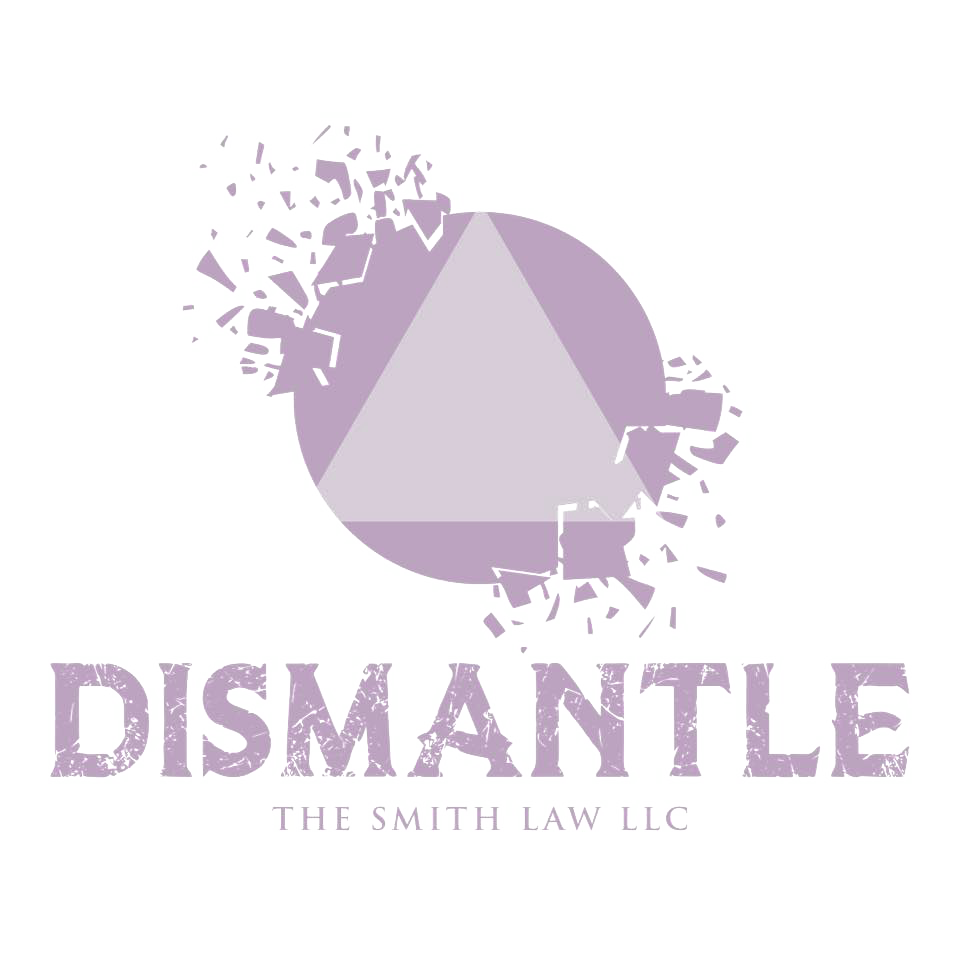Denial of Motion for Temporary Restraining Order
On July 25, 24 hours after a federal judge halted implementation of a city ordinance limiting use of blast balls, CS gas, and projectiles, SPD used them indiscriminately against residents of this city who were protesting in support of racial justice and against police brutality. SPD used this force while under an eight-year enduring federal consent decree (that is, an agreement with DOJ to avoid getting sued) for excessive force. They wielded these weapons against residents after a federal judge entered a temporary restraining order to limit SPD's use of the crowd control weapons after its treatment of protesters at the May 30 protests.
These crowd control weapons do not make the public safe, they harm our communities. They harm individuals like our plaintiffs: mothers, caregivers, students, and activists.
The court found, in denying the injunction requested by plaintiffs, that an existing injunction was in place in BLM v. City of Seattle controlling crowd control weapons. But plaintiffs have good reason, like many Seattle residents, to be suspicious of such an order to restrain SPD's misuse of these weapons on city streets. These crowd control weapons do not make the public safe, they harm our communities. They harm individuals like our plaintiffs: mothers, caregivers, students, and activists.
Moreover, folks standing up for racial justice and against police brutality recognize that protective gear is a necessity to protect themselves against SPD’s misuse of crowd control weapons. They buy, borrow, or crowd-fund to equip themselves to withstand a city police force while protesting.
Our plaintiffs, and others on the streets of Seattle, have seen time and again that SPD cannot - or will not - restrain its use of these crowd control weapons if they remain in their hands.
Only a complete ban of these weapons will allow the community to feel safe while engaging in political speech.
